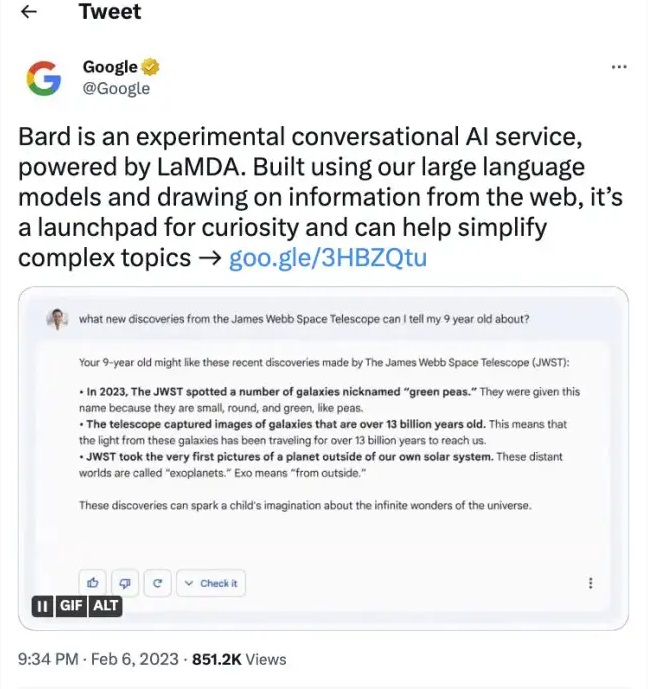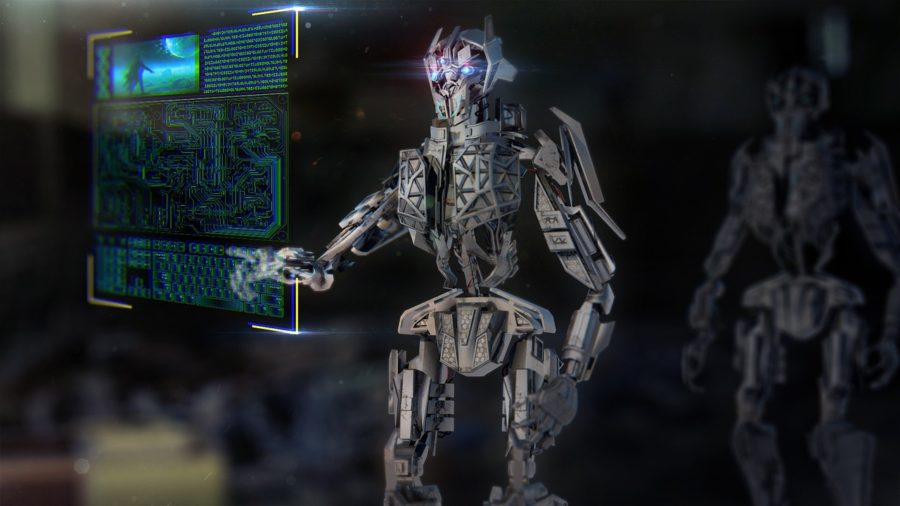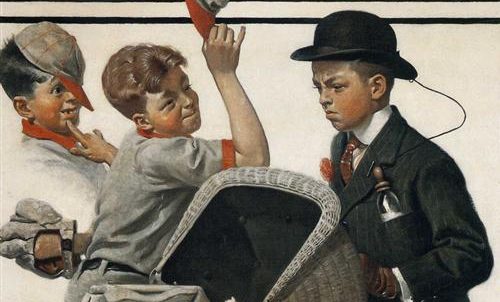Google vs. Microsoft: The Battle of the AI Giants
Ever since the public release of ChatGPT, by the tech company OpenAI, the development of similar AI machines has been growing at an unprecedented rate. AI technology can revolutionize entire industries, from the education system to the workforce, for the better or the worse.
This “New Era of Technology” greatly affects the average user on the Internet. For example, a user surfing the web would enter their query into a search engine, like Google for example, hit enter, and scroll through dozens of hyperlinks until they hopefully find the answer that they’re looking for. The development of large language models (LLMs) will change the way people search forever; thanks to large datasets stored on the Internet. Large language models like ChatGPT can ingest one trillion parameters and generate precise answers in response to user prompts.
Google and Microsoft, two of the world’s largest tech companies, are taking the lead in developing and implementing AI technology into their search engines on a massive scale. The necessity of powering their products and services, from search engines to cloud computing with AI, is incredibly significant for both companies to stay ahead of the competition.
Google’s Response to Microsoft’s Integration of AI
On February 7th, Microsoft announced a bombshell announcement that they would integrate ChatGPT into their newly reconstructed search engine, Bing. Within only months after the release of ChatGPT in late 2022, Microsoft had essentially skipped the line of students waiting to grab their meal for the school day. This announcement posed serious concerns to Google’s business model, as more than 50% of the company’s revenue comes from search and ads that the user would load following a query search. However, many would question why Google, a company so big that dominates over 90% of Internet search queries, should be so worried about Bing taking over. Well, history has a tendency to repeat itself, and Google’s response to many present-day issues may not be found by solely focusing on the present, but rather by considering mistakes that were prevalent in the past.
During the late 1990s, the dot-com boom resulted in the massive adoption of the Internet into everyday life, as well as many tech startups like Yahoo. During this period, Yahoo became the dominant search engine for the majority of users on the Internet. The site was a popular web directory where websites would be categorized based on their content. It was convenient, but there was a major flaw on the website: it was cluttered with ads, links, and pictures. Google’s interface on the other hand was minimalistic, faster, and more precise than the search results produced by Yahoo’s algorithm. Yahoo’s reluctance to adapt to the innovations that their competitors produced resulted in them being “blown out.” This event would suggest to Google that it wouldn’t be the brightest idea to end up with the same fate that Yahoo did.
Shortly after Microsoft’s announcement, Google announced their own large language model called Bard. However, it was evident that this product was rushed. During a demo, Google Bard made a factual error regarding the discovery of stars. When prompted, “what new discoveries from the James Webb Space Telescope can I tell my 9 year old about,” Bard generated 3 bullet points, one of which stated that the telescope took the very first pictures of a planet outside of our own solar system. Several astronomers on Twitter corrected the false statement and clarified that the first pictures of an exoplanet were actually taken in 2004. “The JWST did not take ‘the very first image of a planet outside our solar system,’” tweeted astrophysicist Grant Tremblay. This unexpected mistake resulted in Google losing $100 billion in market value overnight, entrenching the demo as a major blunder to the company. 
Google is infamous for its product failures. One example is Google Stadia, which was supposed to revolutionize the gaming industry with cloud gaming. However, Google’s tendency to overhype its products with ambitious goals and a lack of expectations being met by its users, shows that it struggles with integrating new products into its services. Now that Bard has made a bad first impression in the tech industry, there is a possibility that history may repeat itself and Bing could take over the search market.
The Future
While the development of large language models like ChatGPT has the potential to revolutionize the way people search on the internet, it is unknown whether the average person will continue to use Google despite technological advances made by Microsoft. Google’s response to Microsoft’s integration of AI into Bing has been to rush the development of its own language model, Bard, but this product has already faced criticism for making factual errors. Google’s track record of product failures and overhyping new releases suggests that it may struggle to adapt to new technologies and compete with Microsoft in the long term. History has shown that reluctance to adapt to innovation can lead to the downfall of even the largest tech companies, and Google must learn from past mistakes to avoid a similar fate.











